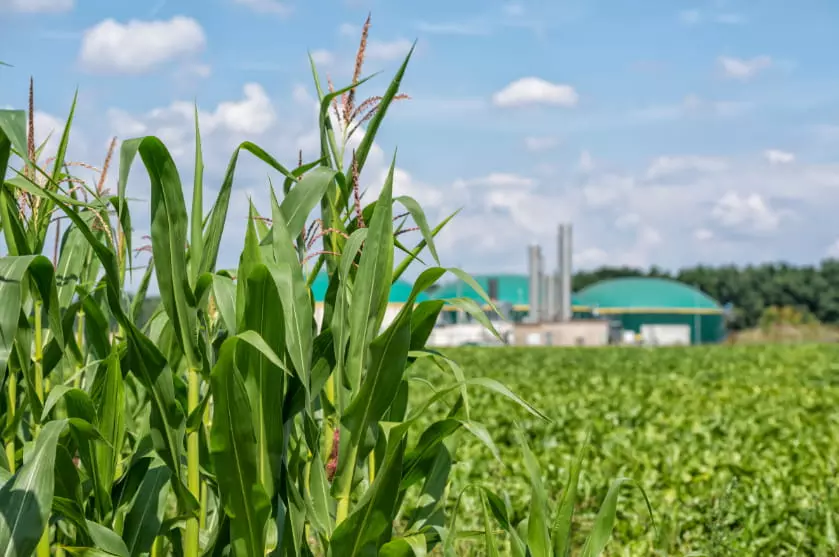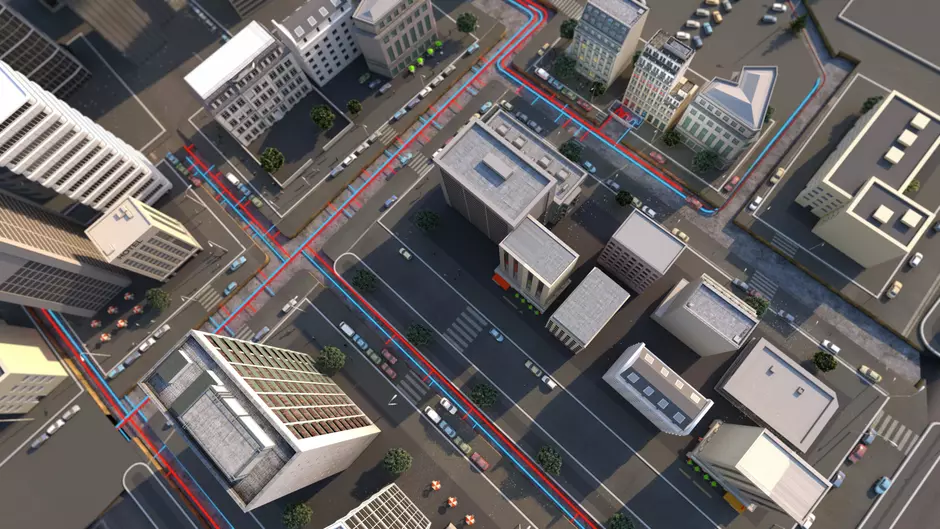Who Regulates District Heating?
District heating is an increasingly popular solution that can provide a reliable and efficient source of heat, while also reducing energy consumption and emissions. However, district heating is also subject to a variety of regulations, which are designed to ensure the safety, efficiency, and environmental performance of the system.
The UK Government appointed Ofgem as the district heating (heat networks) regulator for Great Britain, as part of wider plan to further progress low carbon heating networks. Ofgem will impose and enforce consumer protection rules throughout England, Scotland, and Wales, regulating both supply and operation.
How can Veolia help you?
Veolia District Heating Services are a proud member and practitioner of the Heat Trust standards. Get in touch for advice.
District Heating Regulations UK
What regulations do you need to consider?
Regulations that may apply to district heating systems, are often dependent on the location and specifics of the system. Some common regulatory issues that may apply to district heating include:
1. Building and safety codes:
One area of regulation that applies to district heating is building and safety codes. These codes set standards for the construction and maintenance of the system, and may cover issues such as the materials used in the system, the installation and placement of pipes and equipment, and the maintenance and testing of the system. These codes are in place to ensure the safety of the system, and to protect against the risk of fires, leaks, or other accidents.
2. Environmental regulations:
District heating systems may be subject to environmental regulations, which are designed to protect air and water quality. These regulations may include limits on the emissions from the central plant, as well as requirements for the treatment of wastewater and other byproducts of the heating process.
3. Energy efficiency regulations:
In some cases, district heating systems may be required to install emissions control equipment, or to meet certain emissions standards, in order to comply with these regulations. Many governments have regulations in place to encourage the use of energy-efficient heating systems, including district heating. These regulations may include incentives for the use of district heating, as well as requirements for the efficiency of the central plant and the end-use equipment connected to the system.
4. Public utility regulations:
Finally, if a district heating system is owned and operated by a public utility, it may be subject to regulation by the relevant public utility commission or other regulatory body. These regulations may cover issues such as rates, customer service, and the maintenance and repair of the system. These regulations are in place to ensure that the public utility provides a reliable and affordable service to its customers, and to protect against abuse or mismanagement of the system.
Get in Touch
If district heating appears to be a viable route for you then we strongly urge that you seek out expert knowledge and advice to ensure your network/scheme is built and managed to provide the highest levels of efficiency.






